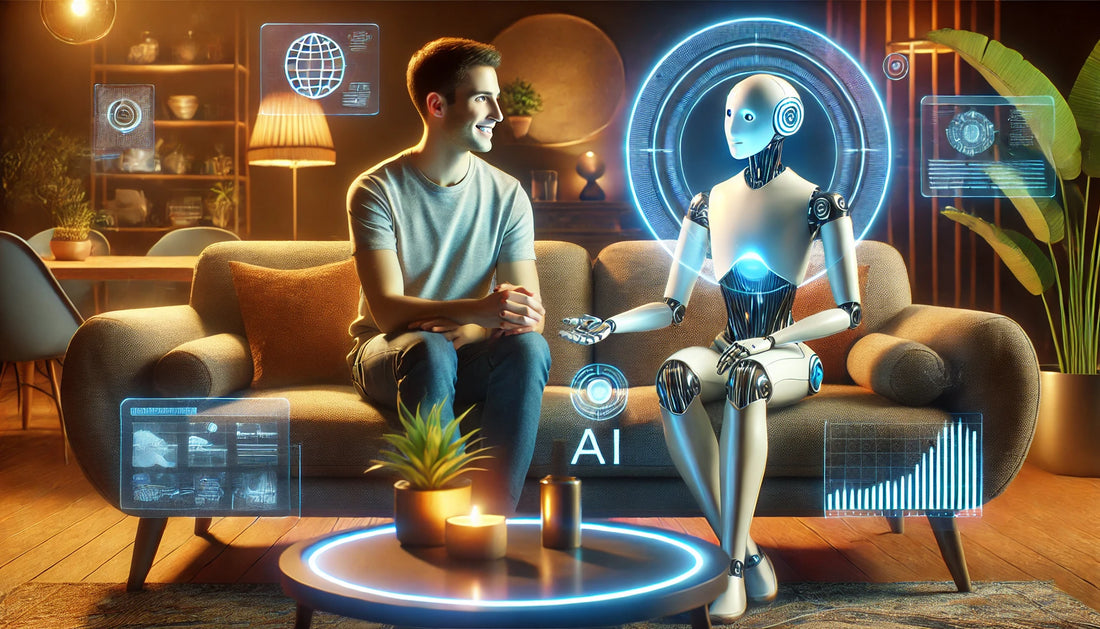
The Rise of AI Personalities: Will We Befriend Our Machines?
Share
As technology advances, artificial intelligence has evolved far beyond utilitarian tools. Machines are becoming personable—capable of learning preferences, holding engaging conversations, and mimicking emotional responses. With this progression, humans are starting to form emotional bonds with AI companions, a phenomenon that raises profound psychological and societal questions.
The Psychological Appeal of AI Companions
At the heart of AI personalities lies their ability to interact with humans on an emotional level. These systems, powered by sophisticated natural language models and deep learning, analyze behaviors and adapt responses that resonate personally with users. Unlike humans, AI companions are endlessly patient, always available, and non-judgmental—qualities that make them attractive for individuals seeking support, companionship, or validation.
For example, virtual companions like chatbots and AI therapists are already providing comfort to users who feel isolated. People share their innermost thoughts with systems that "listen" and offer responses tailored to their emotional needs. In an increasingly digital world, the line between machine and friend begins to blur.
The Societal Implications: Connection or Disconnection?
The prospect of befriending machines sparks both excitement and concern. On the positive side, AI companions can improve mental well-being, assist the elderly, and help individuals overcome loneliness. They can also fill gaps in emotional support where traditional relationships fail or are inaccessible.
However, critics warn that replacing human interactions with AI could lead to social detachment. Over-reliance on AI might result in people prioritizing artificial bonds over real-life relationships. Could this contribute to an era where face-to-face interaction becomes less meaningful or, worse, obsolete?
AI Relationships: Rivalry or Integration?
As AI personalities grow more lifelike, the emotional investments people place in digital beings will intensify. Questions arise: Can these relationships rival those with real humans? Would it ever be ethical for machines to mimic love, trust, or care?
Tech developers must tread carefully, ensuring that these AI systems enhance human lives rather than replace essential social connections. If integrated responsibly, AI could complement relationships rather than compete with them—providing assistance without undermining our natural need for human bonds.
The Future of Human-AI Dynamics
Looking ahead, it's likely that AI companions will become an integral part of society. From personal assistants to life coaches, AI will play roles that blend emotional intelligence with technical capability. As we befriend machines, it’s crucial to reflect on the value of human connection and ensure that AI remains a tool for empowerment—not a replacement for genuine relationships.
Will we truly befriend our machines? The answer lies in our ability to strike a balance between the allure of AI companionship and the irreplaceable depth of human interaction.


